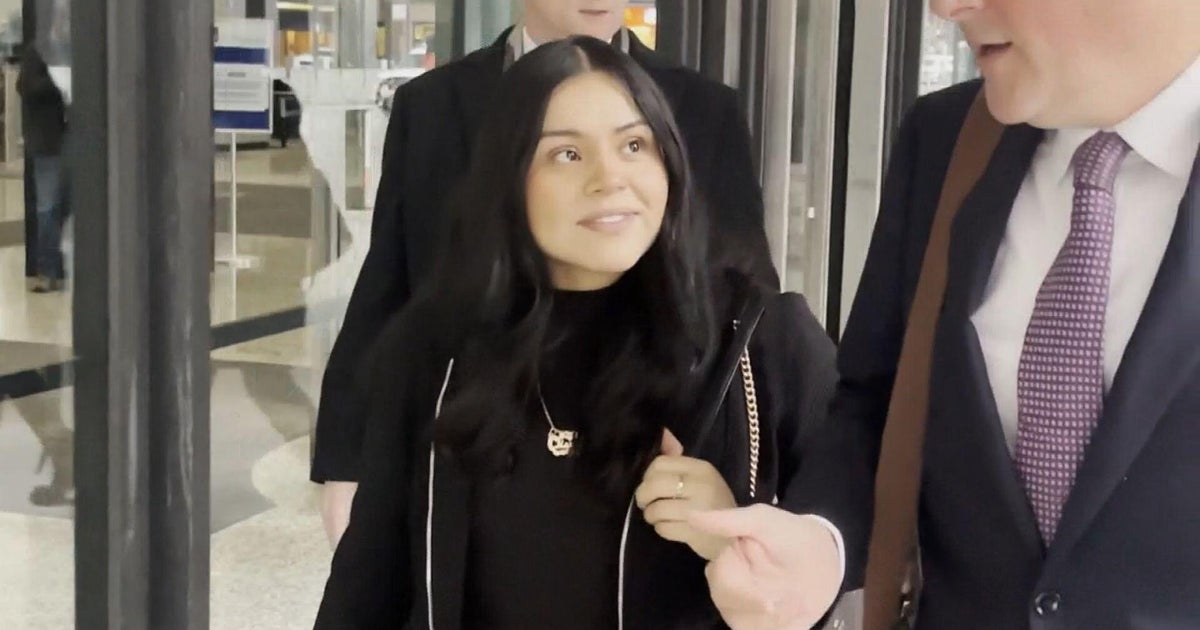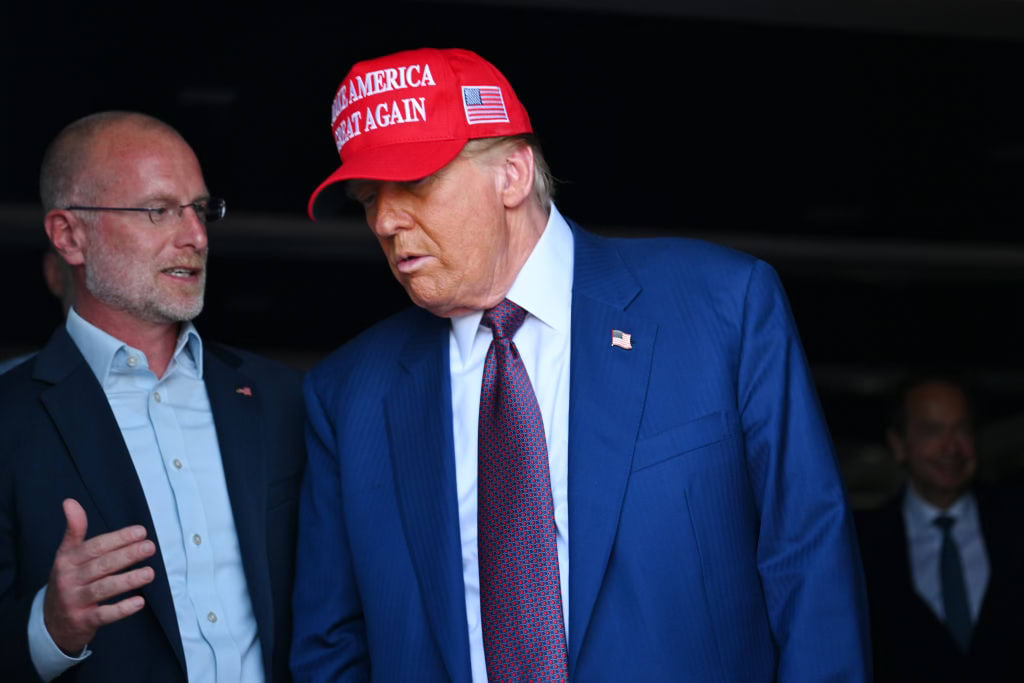FCC lays out plan to roll back "net neutrality"
WASHINGTON — Federal Communications Commission Chairman Ajit Pai is following through on his pledge to repeal 2015 regulations designed to ensure that internet service providers treat all online content and apps equally. The concept, known as "net neutrality," imposed utility-style regulation on ISPs such as Comcast, AT&T and Verizon to prevent them from favoring their own digital services over their rivals.
Pai believes the net neutrality rules adopted during the Obama administration discourage internet providers from making investments in their network to provide better, faster online access. In his announcement of the repeal proposal, he claimed the regulations "depressed investment in building and expanding broadband networks and deterred innovation."
Under the proposal, internet service providers would only be required to "be transparent about their practices," Pai said. He distributed his alternative plan to other FCC commissioners Tuesday in preparation for a Dec. 14 vote on the proposal, and promised to release his entire proposal Wednesday.
Acting Federal Trade Commission Chair Maureen Ohlhausen expressed support for the FCC's plan.
"The FTC stands ready to protect broadband subscribers from anticompetitive, unfair, or deceptive acts and practices just as we protect consumers in the rest of the Internet ecosystem," she said.
Pai's attack on net neutrality has triggered protests from within the agency, as well as consumer groups and internet companies, who note that Pai is a former attorney for Verizon.
Jessica Rosenworcel, a Democratic appointee to the FCC, announced her opposition. "Let's roar. Let's make a ruckus. Let's stop this plan in its tracks," she said over Twitter.
Google also condemned the move, saying, "The FCC's net neutrality rules are working well for consumers, and we're disappointed in the proposal released today."
What is Net Neutrality?
Net neutrality is the concept that providers of internet services must treat all traffic equally. Roughly six in 10 Americans support that idea, according to a recent survey.
"Without net neutrality, cable and phone companies could carve the internet into fast and slow lanes," said the advocacy group Free Press. "An ISP could slow down its competitors' content or block political opinions it disagreed with."
Pai has said he agrees with the concept of a "free and open" internet, but disagrees that regulating the service like phone networks is the best way to achieve that goal.



